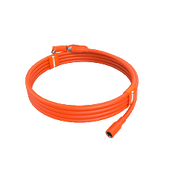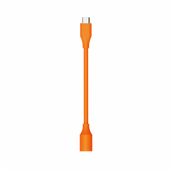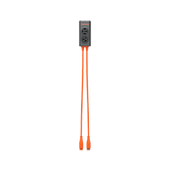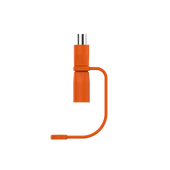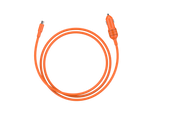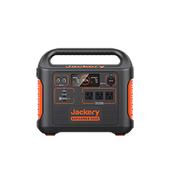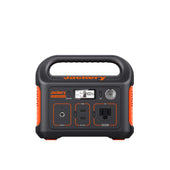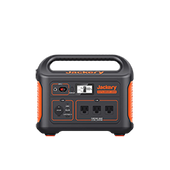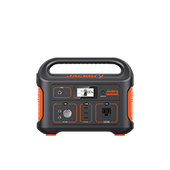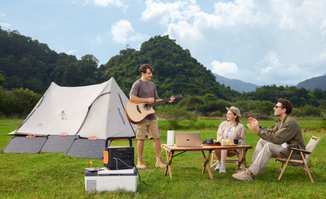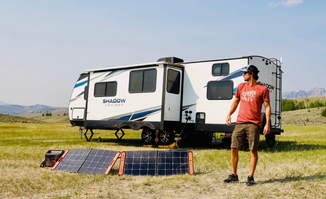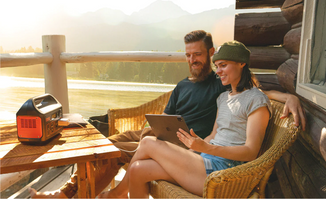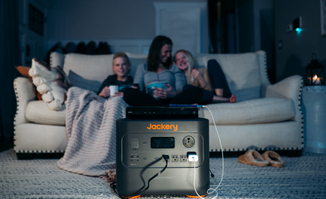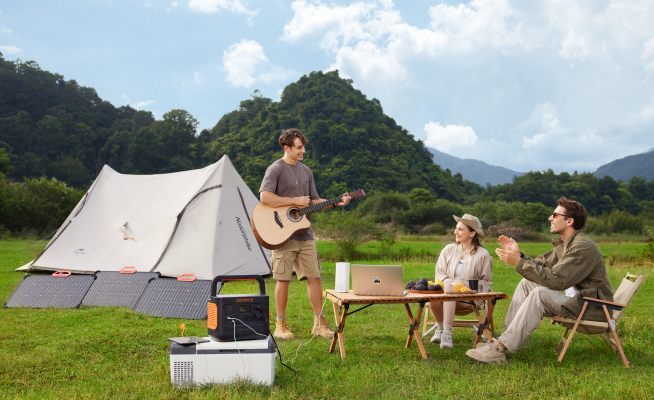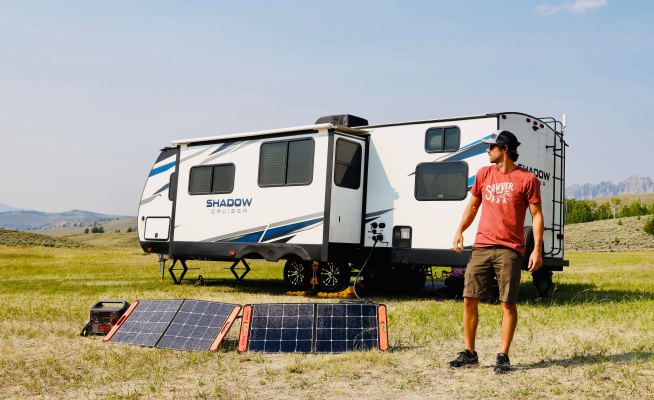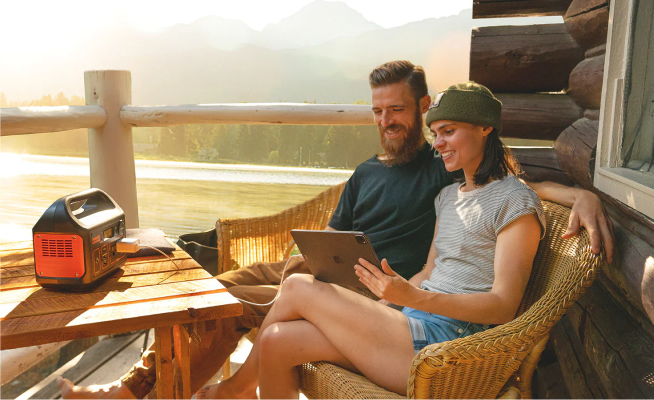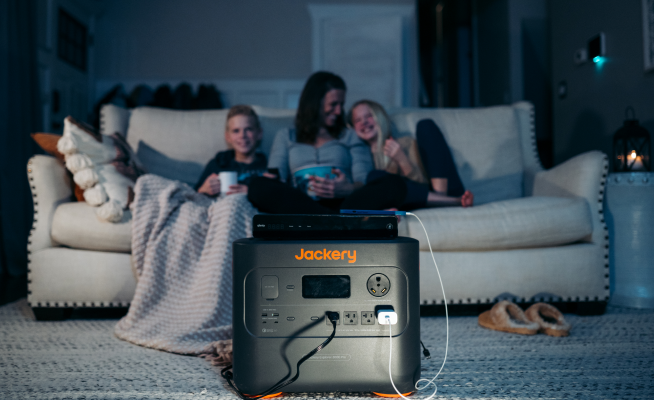Beginner's Guide to Solar Panels for RV Roof
Settling into an RV for a long period can rack up its share of energy costs, which can make it challenging to keep it running efficiently. Hence, it makes sense to consider installing a solar panel system on the RV's roof, which will enable you to at least help save money on electricity costs.
Solar panels for RV roofs are relatively easy to install and provide a great way to power up your RV while you're on the road. All you need is a basic setup of a solar system, which includes a solar inverter, charge controller, and solar battery, all of which can even be installed yourself.
Just be sure to choose the right type of kit that is best for an RV roof installation.
How Solar Panels for RV Roof Works

Solar panels for RV roofs convert solar energy from the sun into usable electricity. The solar panel consists of photovoltaic cells that convert solar radiation into direct current (DC) power. The DC power will then be converted to alternating current (AC) via a charge controller and an inverter in the power station , which can then be used to power up your RV appliances.
The charge controller is designed to regulate the flow of electricity in and out of the battery, while the inverter will convert the DC power into AC, which is what most household electronics use for power. The power station will store any excess energy generated by the solar panel system.
The DC energy from the solar panels can typically power any appliance up to 120 volts by passing the 12-Volt DC power through an inverter to convert it to 120-Volt AC, which is equivalent to the power provided by a typical house outlet.
Types of RV Solar Panels
This section should cover the various types of solar panel systems available for RV roofs. It should discuss monocrystalline and polycrystalline systems, how they differ from one another, and which is best suited for your needs. It should only highlight specifications that are available in Jackery solar panels.
Choosing the Right Solar System for Your RV Roof
To choose the right solar system for your RV roof, you need to consider the space available, your power needs, and your budget. Certain systems also require additional accessories or products for the installation, so keep this in mind.
1. How Many Solar Panels Do You Need For Your RV?
To know how many solar panels you need for your RV, first, you need to determine how many watt-hours you use each day and how much energy your panels provide to your batteries.
For an optimal system, be sure the solar panels are combined with enough batteries to harness all the energy they produce. Likewise, you should also be sure to have enough solar panels to harness enough of the sun's radiation to fully charge the batteries.
2. How Much Energy Do You Need?
The amount of energy you need for your RV is what relatively dictates how many solar panels you need to acquire. To determine how much energy you need while in your RV, add up the total watts of all of the electrical appliances you will be using each day.
Then, multiply that number by the total number of hours each appliance will be used to come up with a daily watt-hour total. Lastly, add the total watts consumed and divide it by the solar panel's wattage to determine how many you will need.
For instance, a typical 120-volt RV uses 200-watt solar panels, such as the Jackery SolarSaga 200w solar panel, which has been shown to outperform other solar panels by more than 20%.
So let's say your total Watt-hours is 900: 900 divided by 200 would mean you need 5 solar panels.
3. How to Calculate Energy Generation and Storage Needs?
Once you have determined how many watt-hours of power your solar panels need to generate each day, using PV watts, you next need to determine how many batteries you'll need to store all the power.
You also need to determine the best type of battery to store your power. For instance, lithium-ion batteries can handle up to 3,000 cycles of charging and discharging before losing capacity, so they are considered the best for RV living.
The same is true when choosing your charge controllers, inverters, and other solar power components to ensure maximum efficiency.
4. Costs of an RV Solar Panel
The overall cost of your solar panel system will depend on the type of panels you use and how much electricity you need to generate. However, it is possible to save money by simply purchasing a kit that includes everything you need to get started for about $250 to $700. This way, you can also save on labor costs.
For instance, the Jackery SolarSaga 80W Solar Panel is designed to be used with an RV and provide a continuous power supply to any AC-powered device. For only $249.00, this solar panel is lightweight, foldable, weather-resistant, and boasts an impressive 25% conversion efficiency rate.
The Jackery SolarSaga 100W Solar Panel, on the other hand, is the perfect companion for outdoor life and unexpected power outages. This solar panel offers an impressive 24.3% conversion efficiency while weighing only 9.1 lbs and boasting a foldable design with an easy-carry handle for exceptional portability.
You may even be eligible to save up to 26% on your RV solar system purchases and installation under the Federal Residential Solar Energy Credit.
Installing Solar Panels on an RV Roof
Begin your installation, be sure to read the instruction manual for each part to avoid improper wiring issues, mounting issues, and more for a safe installation.
You also need to gather the tools you need, including a portable power station, such as the Jackery Solar Generator 2000 Pro which will enable you to complete your project.
- Arrange the solar panels on the roof so that they fit. Outline their frames and then install the mounting hardware to attach them to the roof.
- Next, run the solar cables down into the RV through the refrigerator vent or plumbing pipe to where the charge controller will be placed, or you could drill your own holes where you need them.
- Connect the wires and connectors for each component.
- Finally, attach the power inverter to enable the conversion of electricity into AC power.
What to Avoid When Installing RV Solar Panels
Avoid installing your solar panels flat on your roof because it can diminish their output, similar to exposing them to shade.
It is also important to avoid buying cheap panels because they often contain thin cells that don't last long. Instead, stick to quality solar panels like the ones offered by Jackery, and they also include a good warranty to cover any defects.
Conclusion
Now that you know the benefits of having solar panels on an RV roof, and how easy they are to install yourself, you can begin your research for the perfect solar panel system for your RV roof.
Just remember to follow the manufacturer's installation guide verbatim to avoid safety issues, and stick to durable, high-performance electrical components and solar panels like Jackery SolarSoga 100W, or 80W solar panels, which are designed to suit a variety of budgets and needs.
Subscribe to the Jackery newsletter for more product information and more.
Disclaimer:
The runtime mentioned for appliances powered by Jackery is for reference only. Actual runtime may vary under different conditions. Please refer to real-world performance for accurate results.







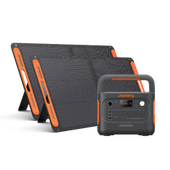



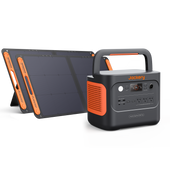

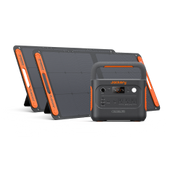
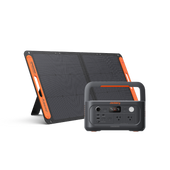
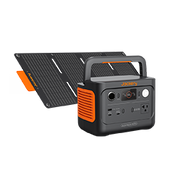
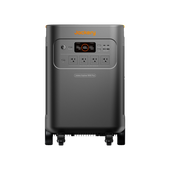

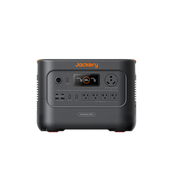
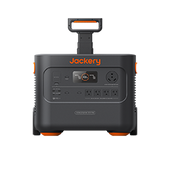
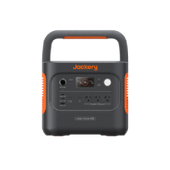
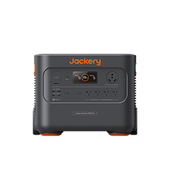

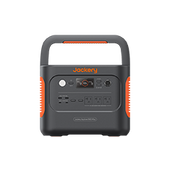
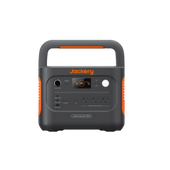
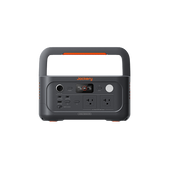

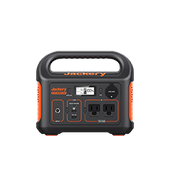
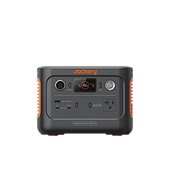
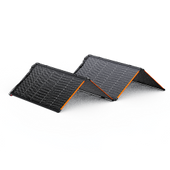
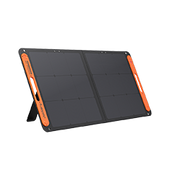

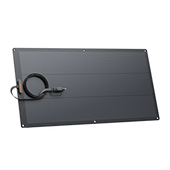
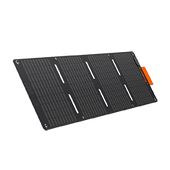
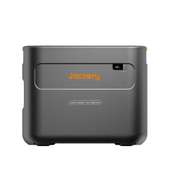
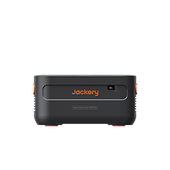
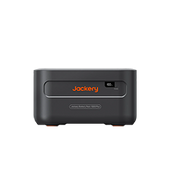
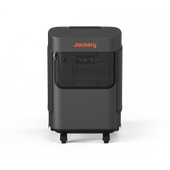
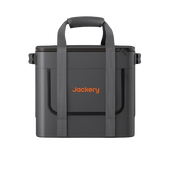
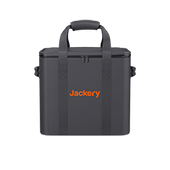
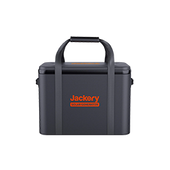
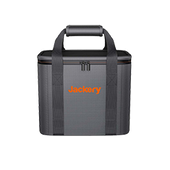
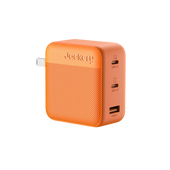
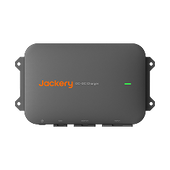
![[Add-on] Jackery Manual Transfer Switch for Explorer 5000 Plus](http://ca.jackery.com/cdn/shop/files/add-on-jackery-manual-transfer-switch-for-5000-plus-240V.webp?v=1757043692&width=170)
